What Is a Carbon Footprint?
How ’bout a Donkey Print?

Hydra’s donkeyprint
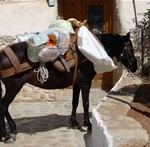 On Hydra, we pride ourselves that we are amongst the world’s leaders in the fight against global warming just by living here. Neon signs are banned. We don’t catch buses, drive cars, or even have the ability to commute by moped if we wish. For anything heavier than a shopping bag, one requires a donkey for transport, and in extreme cases for long distances, a water taxi, though this is hardly the norm. Even bicycles are banned (except for those under the age of 14, in which case, the vehicle is considered a toy).
On Hydra, we pride ourselves that we are amongst the world’s leaders in the fight against global warming just by living here. Neon signs are banned. We don’t catch buses, drive cars, or even have the ability to commute by moped if we wish. For anything heavier than a shopping bag, one requires a donkey for transport, and in extreme cases for long distances, a water taxi, though this is hardly the norm. Even bicycles are banned (except for those under the age of 14, in which case, the vehicle is considered a toy).
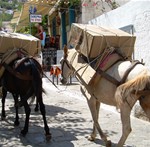 Nor in fact does our terrain merit anything more than burden-baring four-footed friends, given that Hydra is basically a rock with few level paths (try riding your bike up and down cobblestone steps). As one of the last bastions of unmotorized transportation so close to a major European capitol, Hydriotes can pride themselves on being pioneers of an old technology in the 21st century: foot travel and expedited delivery by donkey.
Nor in fact does our terrain merit anything more than burden-baring four-footed friends, given that Hydra is basically a rock with few level paths (try riding your bike up and down cobblestone steps). As one of the last bastions of unmotorized transportation so close to a major European capitol, Hydriotes can pride themselves on being pioneers of an old technology in the 21st century: foot travel and expedited delivery by donkey.
Hydra’s footprint
However, it would be too easy to rest on our laurels and assume we are therefore ahead of the global warming game. There are new and equally treacherous avenues along which even us c-footprint-light types can misstep. Air-conditioning, washing machines, the occasional trip by hydrafoil, and other new technowizardry, especially if used without due regard to energy use, all contribute to an increased footprint.
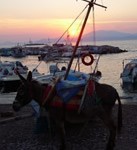 Take simply leaving lights on. We are not just talking about home owners’ leaving their garden lights on all night, but about the illumination of Hydra in general. Some back streets of Kamini and upper Hydra have brilliant new spotlights a-shining until gone dawn. There are even blueprints to pave and light the road to Vlichos our sources tell us, which will mean no more donkey prints along what is now a pristine footpath.
Take simply leaving lights on. We are not just talking about home owners’ leaving their garden lights on all night, but about the illumination of Hydra in general. Some back streets of Kamini and upper Hydra have brilliant new spotlights a-shining until gone dawn. There are even blueprints to pave and light the road to Vlichos our sources tell us, which will mean no more donkey prints along what is now a pristine footpath.
A rhubarb and debate have already erupted, making this an issue with no simple solution. “All those in favor of a yaya (grandmother) not falling down some steps in the dark, say aye,” gets a majority vote. “All those who oppose having their quiet, simple village night sky and luminous tranquility invaded, say aye,” gets the taxpayer vote. It’s a political standoff.
Statistics (read rumors) indicate that most are in favor of the first proposal, and yet home owners are dead against having an all-night spotlight illuminating their backyards, bedrooms, and terraces. This could involve years of legal wrangling.
Going lighter?
So, why not try something radical, something we are sure could be implemented by simply asking the relevant house owner who is in proximity to a newly proposed street light to sponsor a motion detector. At approximately 30 euros apiece, not only would they save the island a fortune in electricity (even with the low-energy lamps currently installed), but they would lead the way in maintaining our energy-friendly environment.
And there would be extra savings on top. There have been recorded instances of newish municipal lamps succumbing to accident sooner than their extra-long-life projections. Our lower-energy lamps might last longer if they only popped on when a person was within range, which would obviously translate into less “damage-control” expense for the Demos.
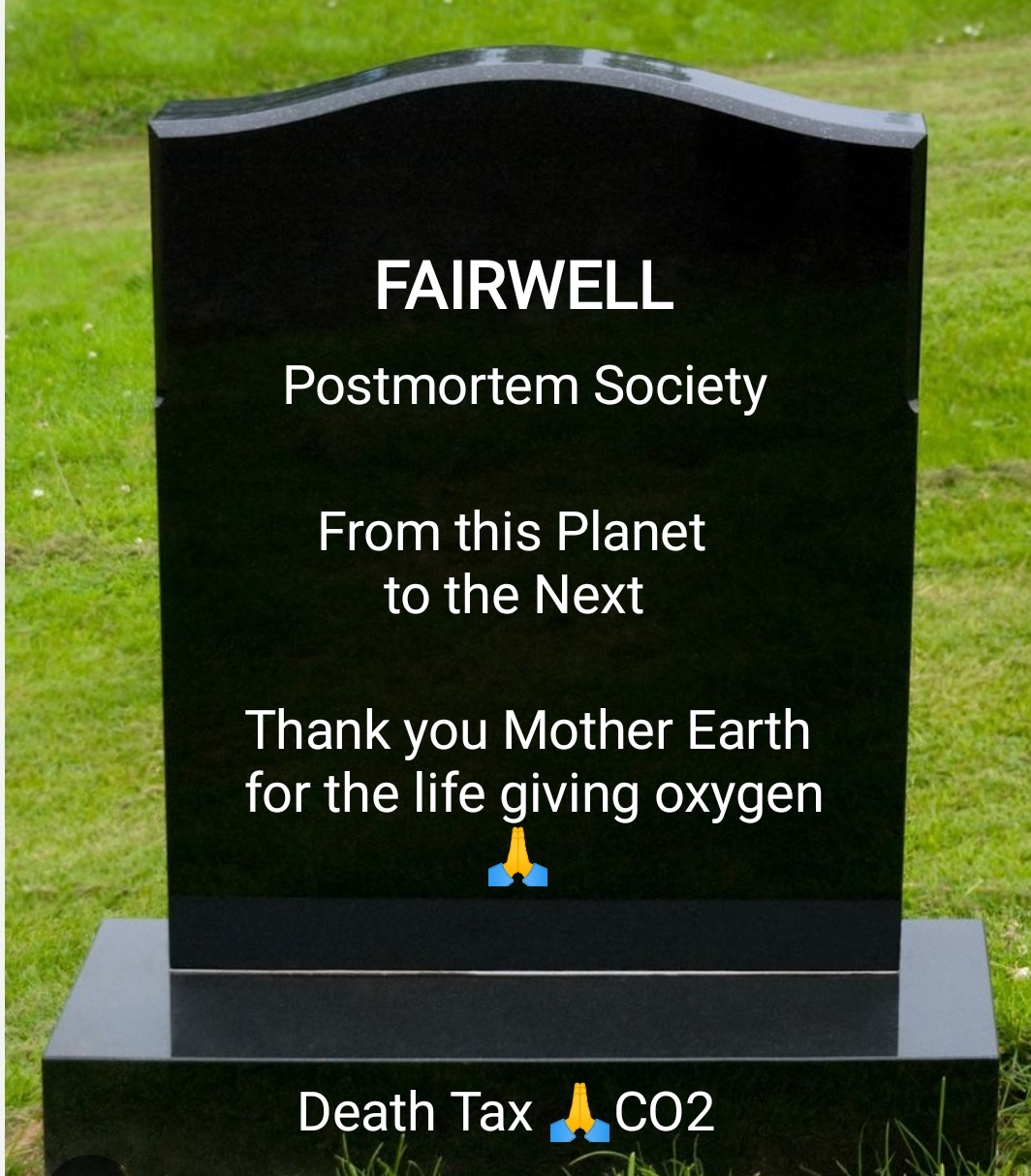
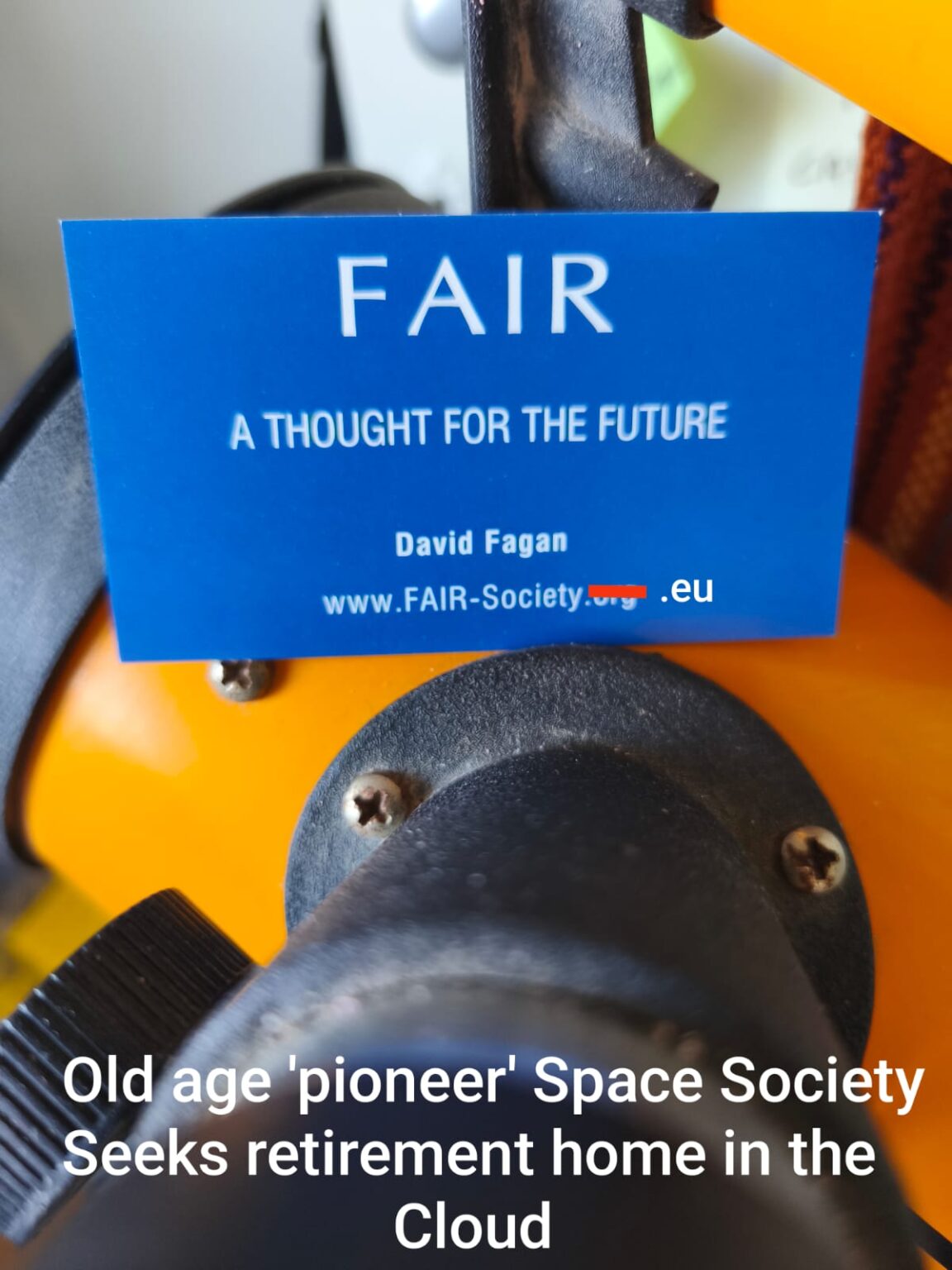

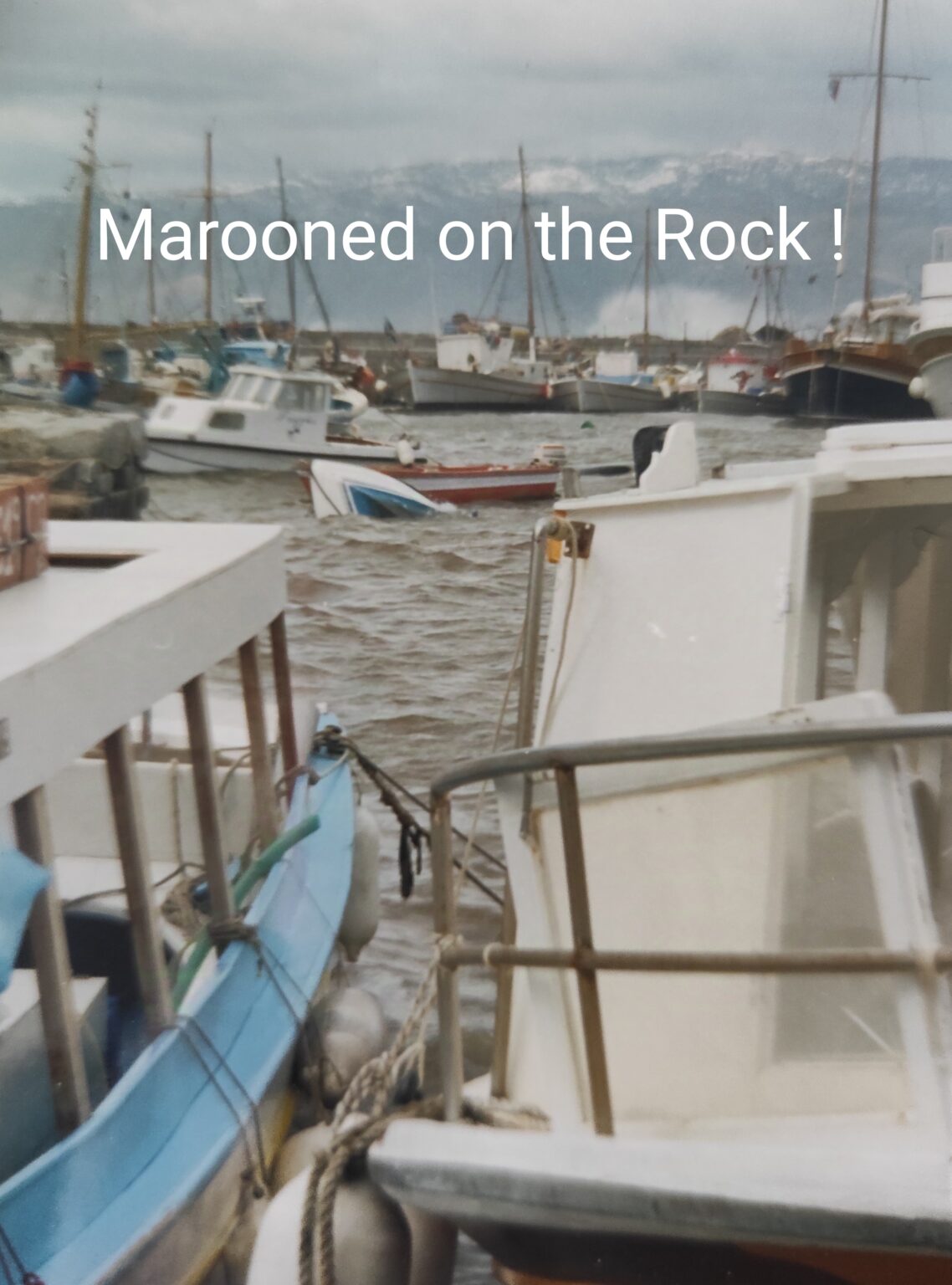


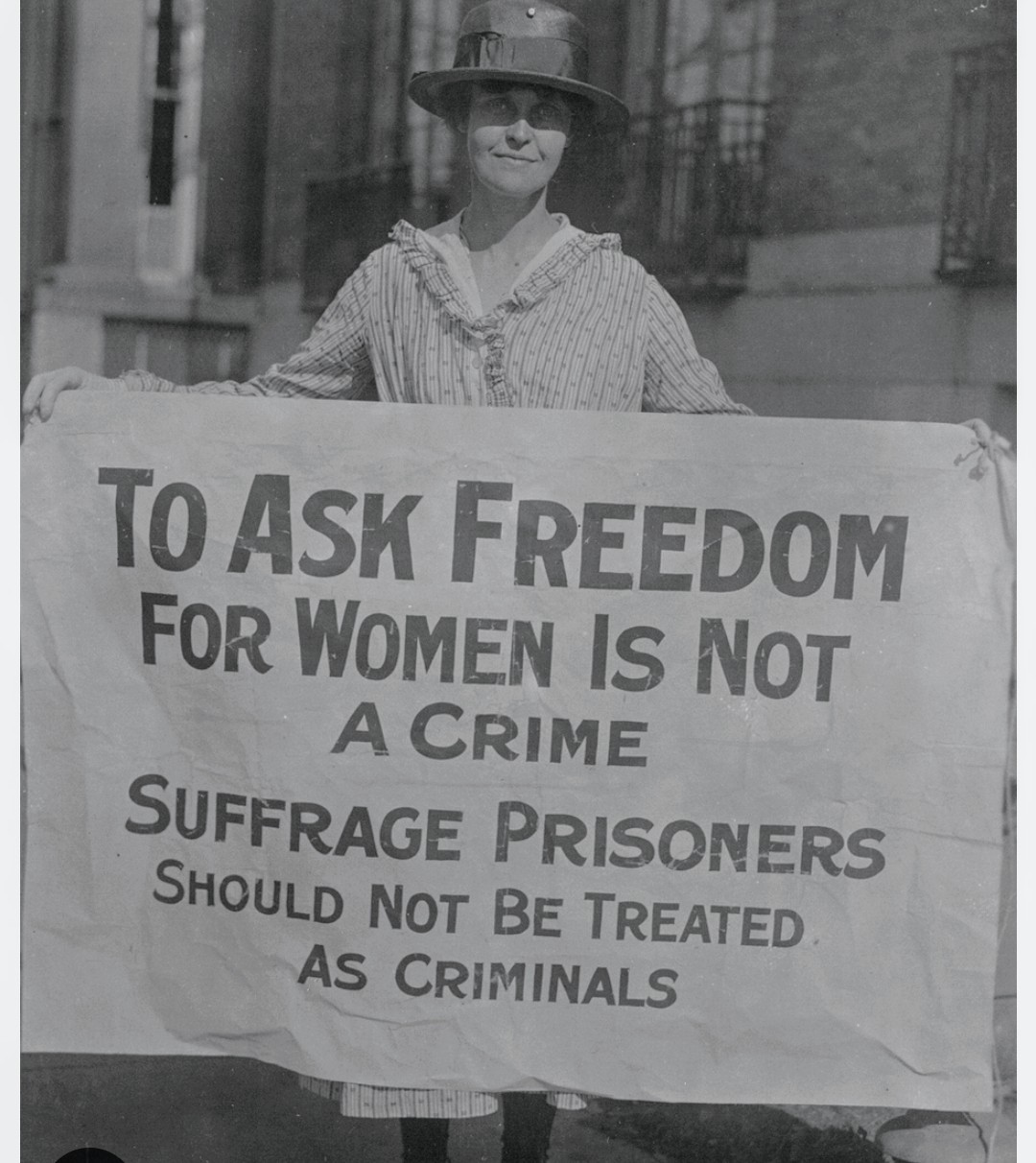



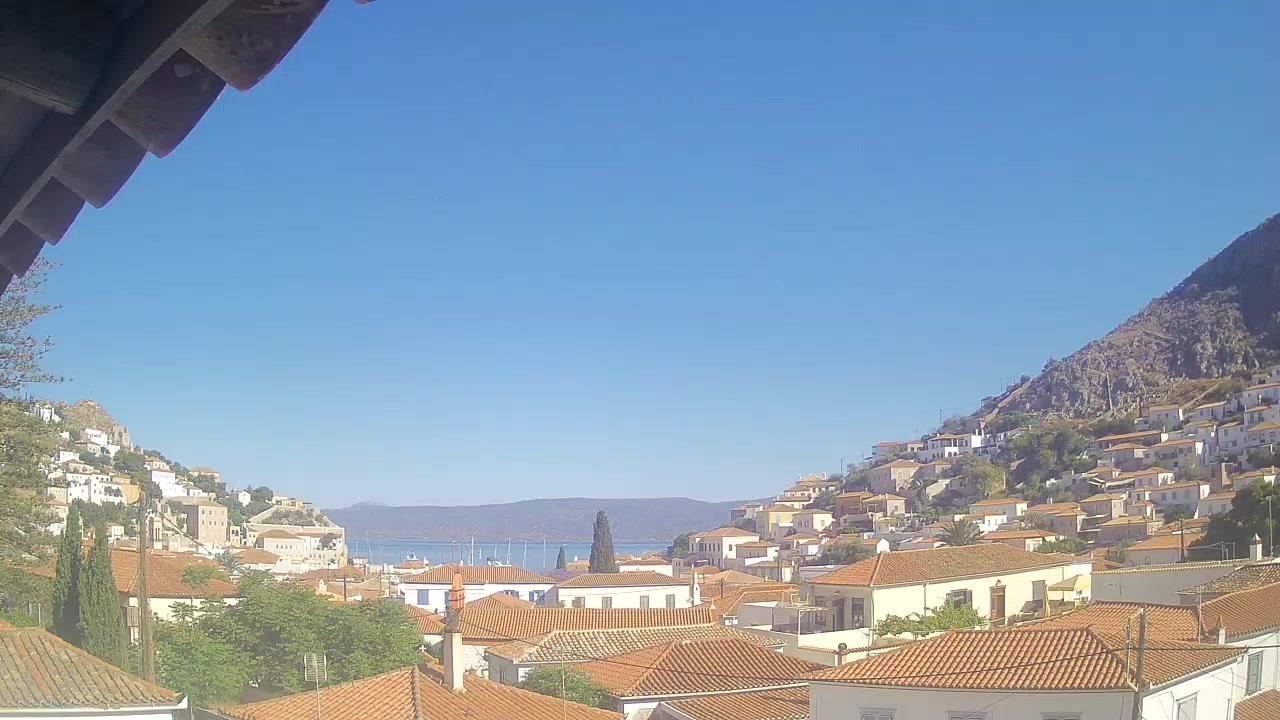






Leave a Reply
You must be logged in to post a comment.